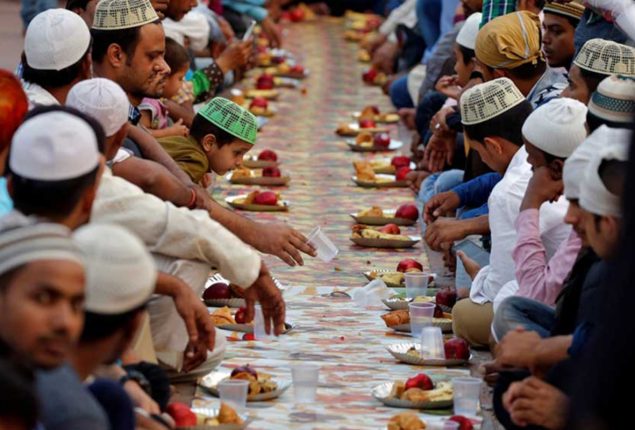UNLV Shooting: Three Dead, Suspect Killed on Campus
A gunman killed 3 people and wounded 1 on the UNLV campus....

Iftar Achieves Worldwide Cultural Recognition
United Nations Educational, Scientific and Cultural Organisation (Unesco) has added Iftar, the traditional meal marking the end of daily fasting during the month of Ramadan, to its prestigious list of intangible cultural heritage. This recognition underscores the global significance of Iftar, which transcends religious boundaries and has become a symbol of cultural unity.
The joint submission for this cultural acknowledgment came from Iran, Turkey, Azerbaijan, and Uzbekistan. While Iftar is inherently rooted in religious practices, its observance has evolved into a sociocultural tradition that resonates with Muslim communities worldwide. The Intergovernmental Committee for the Safeguarding of Intangible Cultural Heritage, currently convened in Botswana, played a pivotal role in affirming Iftar’s cultural importance.
Iftar holds profound cultural value, serving as a communal event that brings people of all ages, genders, and backgrounds together. The meal signifies the end of a day-long fast, imparting lessons of resilience and patience. Unesco emphasized that the Iftar ceremony is not limited to those who fast during Ramadan; it is a practice embraced by diverse communities, fostering unity, charity, and social exchange.
The traditional Iftar meal typically begins with the Maghrib adhan at sunset, followed by prayer and various religious ceremonies in alignment with the spirit of Ramadan. In some Muslim countries, the breaking of the fast is symbolized by eating a date accompanied by tea, while recipes for Iftar dishes and pastries exhibit regional diversity.
The transmission of knowledge and skills associated with Iftar occurs within families, where elders play a crucial role in passing down traditions through oral instruction, observation, and active participation. Children and youth often contribute to the preparation of traditional meals for Iftar feasts, becoming bearers of cultural continuity.
Governmental entities, non-governmental organizations, and charities actively support Iftar, promoting kindness and compassion toward the underprivileged. The ceremonies surrounding Iftar are disseminated through various media channels, including television, radio, press, and social media, further highlighting its cultural and social significance.
This recognition by Unesco is not only a testament to the enduring cultural importance of Iftar but also a celebration of the values it represents—family, community, charity, and solidarity. As Iftar takes its place on the list of intangible cultural heritage, it reinforces the shared human experiences that transcend borders and foster understanding among diverse communities.
Catch all the International News, Breaking News Event and Latest News Updates on The BOL News
Download The BOL News App to get the Daily News Update & Follow us on Google News.